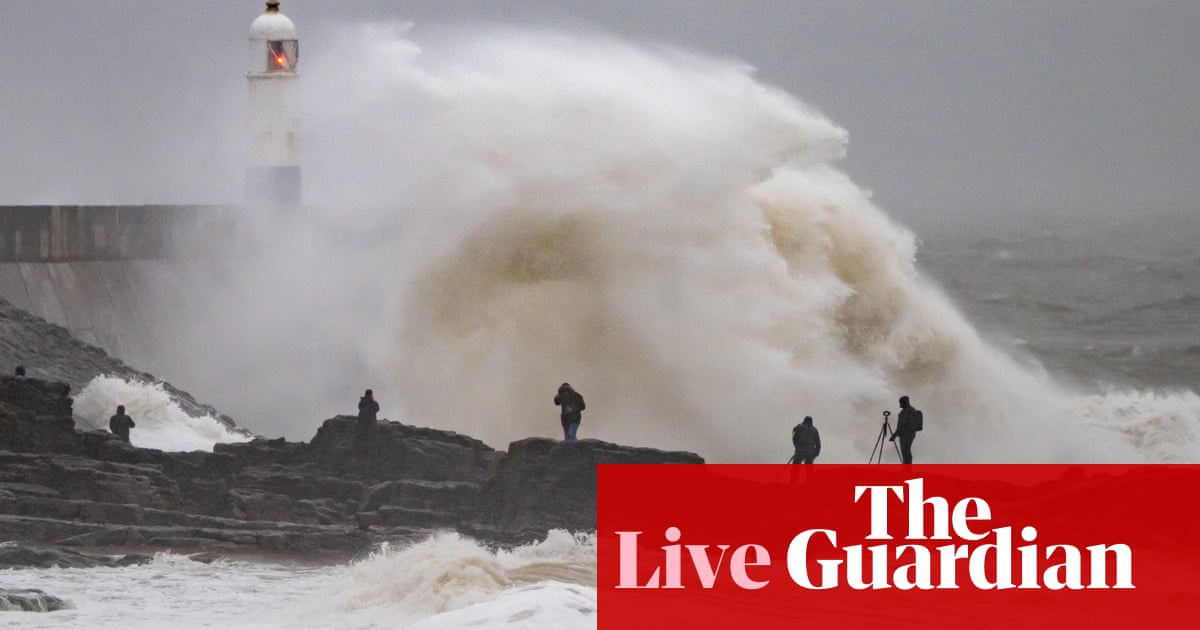
An anti-government activist was killed in Iraqs south by unidentified gunmen, amid a resurgence of rallies and road closures by protesters pressing authorities to implement long-awaited reforms.
The youth-dominated movement is desperately trying to maintain momentum in the face of spiraling US-Iran tensions and a rival anti-American rally planned for Friday.
But as they escalate their demonstrations, they have also faced a new wave of violence.
Late Tuesday night, a female activist was killed by unidentified assailants as she was returning home from protests in the oil-rich port city of Basra.
"Civil society activist Janat Madhi, 49, was shot on Tuesday night around 11:00 pm (2000 GMT) by armed men in an SUV," a police source said, adding that five people including at least one other activist were wounded.
A source at the citys forensics lab confirmed to AFP that Madhi suffered gunshot wounds.
Activists have for months complained of an intensifying campaign of kidnappings and killings that they say is meant to scare them into halting protests.
They are also worried about tensions with a competing rally this Friday organized by populist cleric Moqtada Sadr that will call for the 5,200 US troops deployed in Iraq to leave.
To simultaneously head off that protest and ramp up pressure on authorities, demonstrators this week launched sit-ins in new areas and shut roads with burning tires.
- Wreaked havoc on Iraq -
Their main demands include early elections under a new voting law, an independent premier and accountability for corruption and killings of protesters.
More than 460 protesters have been killed since the rallies first erupted in October, fuelled by anger over graft and a lack of jobs that ballooned into demands for systemic reform.
On Monday, three protesters were killed in clashes with security forces in Baghdad and another demonstrator died on Tuesday after a tear gas canister punctured his skull.
Rights groups accuse security forces of improperly using military-grade gas canisters -- up to 10 times heavier than those designed for use against civilians -- by firing them directly at crowds rather than into the air.
Demonstrators are outraged that only a handful of security force personnel have been charged with excessive violence and no perpetrators of hit-and-run attacks have been pursued, whereas protesters have been swiftly arrested for shutting down streets.
Blocking roads has been a key tactic this week, with protesters cutting streets and national highways around the capital on Wednesday.
Under a winter drizzle, they erected metal barricades to block the Mohammad al-Qasim thoroughfare which cuts through eastern Baghdad.
Protesters wore plastic ponchos to protect against the rain, balaclavas so they could not be identified by security forces and brightly-colored party hats to lighten the mood.
Roads were cut and government offices closed across the Shiite-majority south too, including the holy city of Najaf and the cities of Al-Hillah and Diwaniyah.
In the protest flashpoint of Nasiriyah, burning tires and a sit-in blocked highways leading into the city for the third straight day.
"Well keep shutting roads and getting protesters into the street to keep these important demonstrations going," said Aqil al-Zamili, a 50-year-old activist there.
The key demand, Zamili said, was "the end of this ruling class -- which in our view has wreaked havoc on Iraq by formalizing sectarian power-sharing."
- Oil production hit -
The road closures have left hundreds of tankers carrying oil products north towards central Baghdad stranded outside the capital.
They also forced a shutdown at the main oil field northwest of Nasiriyah, the capital of Dhi Qar province, a source at the state-owned provincial oil company told AFP.
"Production... was halted for the third consecutive day because transport routes leading to the field are cut," the Dhi Qar Oil Company source said.
The source said the field produces up to 100,000 barrels per day.
Oil-rich Iraq is OPECs second-biggest crude producer, logging around 3.4 million bpd of exports.
But public services are failing, unemployment is high and one in five people live in poverty, according to the World Bank.
The current government, in power since late 2018, had pledged to address those issues but it barely served a year before the sweeping protests prompted its head, Prime Minister Adel Abdel Mahdi, to step down.
He submitted his resignation letter to parliament in December but has continued to run the government in a caretaker role.
Political factions have failed to agree a successor and protesters have demanded a new premier untainted by prior involvement in the countrys politics.











